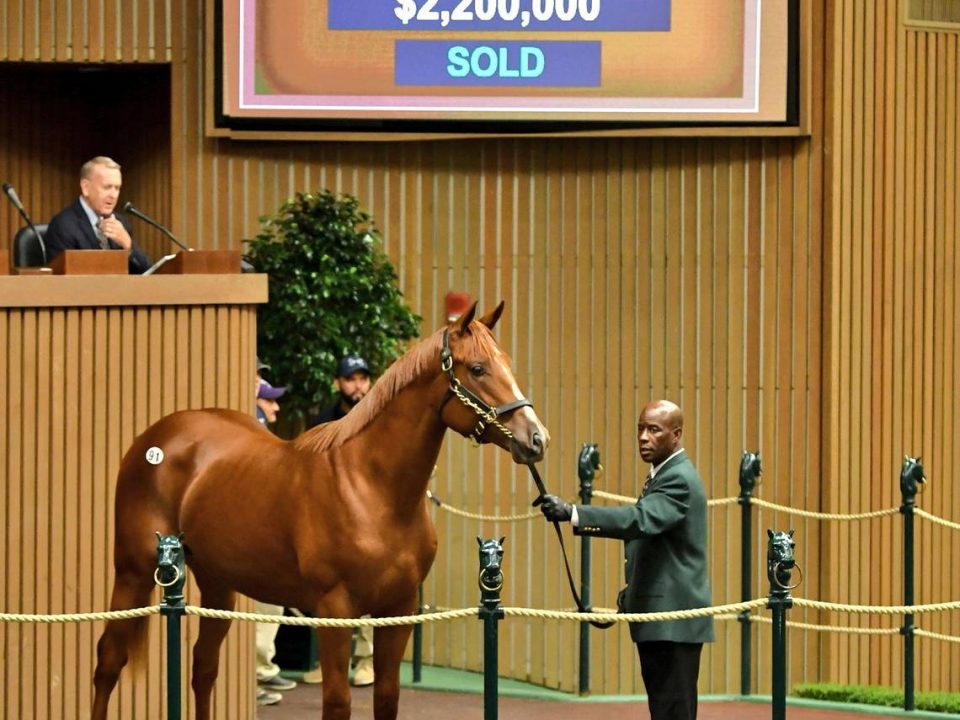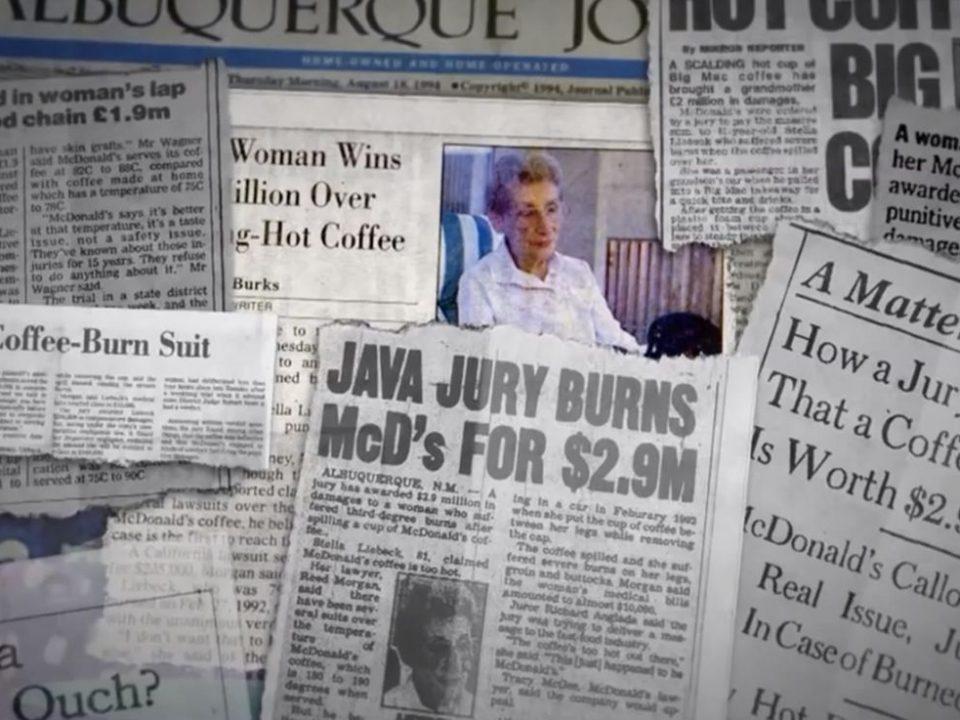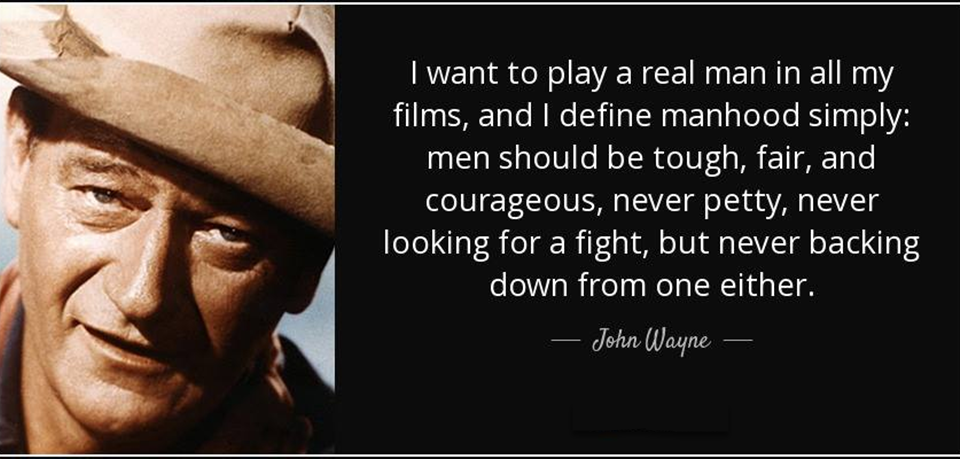Listen to this inspiring talk by Bishop Fulton J. Sheen about the importance of adoration.
 Last week, while I was at a local doctor’s office, one of the women who worked there surprised me by asking, “Are you the same Harry Williams who taught business law at Illinois Central College during the 1980s?” I looked at the woman and did not recognize her. I then answered, “Yes, were you in my class?” She replied, “Yes, and I really enjoyed that class.” We then had a short conversation about what she liked about the class.
Last week, while I was at a local doctor’s office, one of the women who worked there surprised me by asking, “Are you the same Harry Williams who taught business law at Illinois Central College during the 1980s?” I looked at the woman and did not recognize her. I then answered, “Yes, were you in my class?” She replied, “Yes, and I really enjoyed that class.” We then had a short conversation about what she liked about the class.
 Last week, I wrote about what I say to a jury to introduce them to the concept of placing a value on pain and suffering. I discussed how a dollar “value” was once placed on individual slaves, and how property that has been damaged is valued. I provided examples of how we value a damaged washer and dryer, a damaged vehicle, an injured racehorse, and a partially burned famous painting.
Last week, I wrote about what I say to a jury to introduce them to the concept of placing a value on pain and suffering. I discussed how a dollar “value” was once placed on individual slaves, and how property that has been damaged is valued. I provided examples of how we value a damaged washer and dryer, a damaged vehicle, an injured racehorse, and a partially burned famous painting.
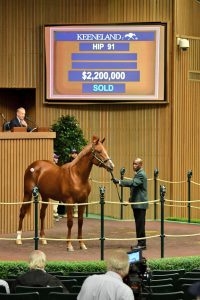 Last week, I wrote about a client who was hit by a car while she was crossing the street, and another client who was hit by a car while she was walking on the side of the road. I explained that under Illinois law, the two women are entitled to reimbursement of their medical bills, lost wages for the time that they are unable to work, and other expenses that are related to their injuries. They are also entitled to receive compensation for their present and future pain and suffering. I also discussed the McDonald’s coffee case and explained the difficulty that lawyers have in presenting the topic of pain and suffering to a jury. Today, I’m going to discuss how I explain to a jury the “value” of a person’s pain and suffering.
Last week, I wrote about a client who was hit by a car while she was crossing the street, and another client who was hit by a car while she was walking on the side of the road. I explained that under Illinois law, the two women are entitled to reimbursement of their medical bills, lost wages for the time that they are unable to work, and other expenses that are related to their injuries. They are also entitled to receive compensation for their present and future pain and suffering. I also discussed the McDonald’s coffee case and explained the difficulty that lawyers have in presenting the topic of pain and suffering to a jury. Today, I’m going to discuss how I explain to a jury the “value” of a person’s pain and suffering.
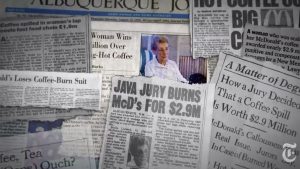 Last week, a young woman hired me to represent her on a case in which she was injured when she was hit by a car. The incident occurred while she was walking to work. As she was walking on the shoulder of a road near the parking lot of a local business, a car suddenly darted out of the parking lot, crossed two lanes of traffic, and hit her. The front bumper of the car hit her on the right side of her knee, causing her to fall and hit her head on the ground.
Last week, a young woman hired me to represent her on a case in which she was injured when she was hit by a car. The incident occurred while she was walking to work. As she was walking on the shoulder of a road near the parking lot of a local business, a car suddenly darted out of the parking lot, crossed two lanes of traffic, and hit her. The front bumper of the car hit her on the right side of her knee, causing her to fall and hit her head on the ground.
 We know from the teachings of the Catholic Church that angels are pure spirits. They do not have bodies, and they do not depend on any activity or matter for their existence. Every angel is an individual person who will never die. We ordinarily see the word “angel” applied to the pure spirits who remained faithful to God. The angels who did not remain faithful to God are commonly referred to as “devils.”
We know from the teachings of the Catholic Church that angels are pure spirits. They do not have bodies, and they do not depend on any activity or matter for their existence. Every angel is an individual person who will never die. We ordinarily see the word “angel” applied to the pure spirits who remained faithful to God. The angels who did not remain faithful to God are commonly referred to as “devils.”
 In last week’s article, The War Against Real Men, I wrote about the marketing video that was recently released by Gillette, which implied that all men are, by nature, mean, evil, and predatory. During the video, the announcer lectured the public about toxic masculinity and the need to eradicate it.
In last week’s article, The War Against Real Men, I wrote about the marketing video that was recently released by Gillette, which implied that all men are, by nature, mean, evil, and predatory. During the video, the announcer lectured the public about toxic masculinity and the need to eradicate it.
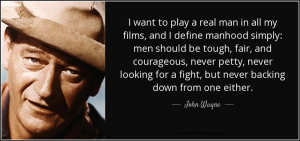 I’ve written before about a confrontation I was involved in when I was in high school. It happened during the second semester of my senior year. At that time, my class schedule was arranged in such a way that every afternoon I passed one of my cousins in the hallway at the same time. I was two years older than my cousin.
I’ve written before about a confrontation I was involved in when I was in high school. It happened during the second semester of my senior year. At that time, my class schedule was arranged in such a way that every afternoon I passed one of my cousins in the hallway at the same time. I was two years older than my cousin.
 Last Wednesday (January 9), Jeff Bezos, the founder of Amazon.com, announced on Twitter that he and his wife of 25 years were getting a divorce. It turns out that two days before the announcement, a reporter from the National Enquirer notified him that the Enquirer was going to publish a story about an affair he was having with another married woman. The reporter wanted to know if Bezos had any comments for the story. A lawyer who represents Bezos apparently told the Enquirer that it was “widely known” that Bezos and his wife had been “long separated.”
Last Wednesday (January 9), Jeff Bezos, the founder of Amazon.com, announced on Twitter that he and his wife of 25 years were getting a divorce. It turns out that two days before the announcement, a reporter from the National Enquirer notified him that the Enquirer was going to publish a story about an affair he was having with another married woman. The reporter wanted to know if Bezos had any comments for the story. A lawyer who represents Bezos apparently told the Enquirer that it was “widely known” that Bezos and his wife had been “long separated.”





